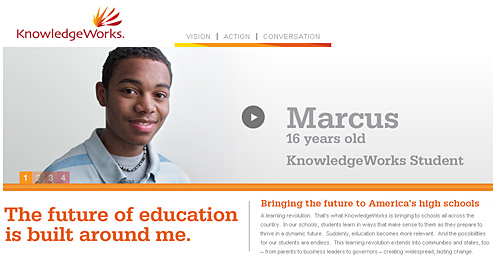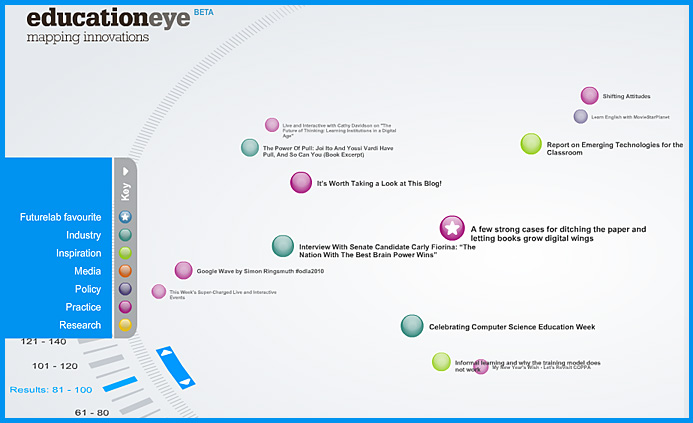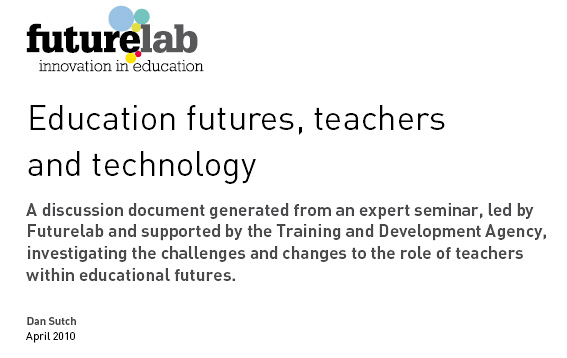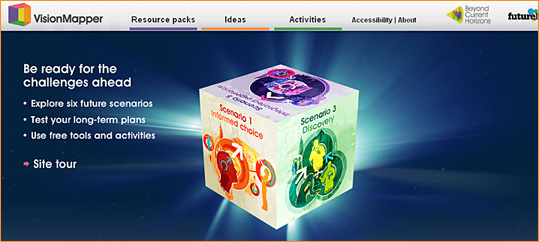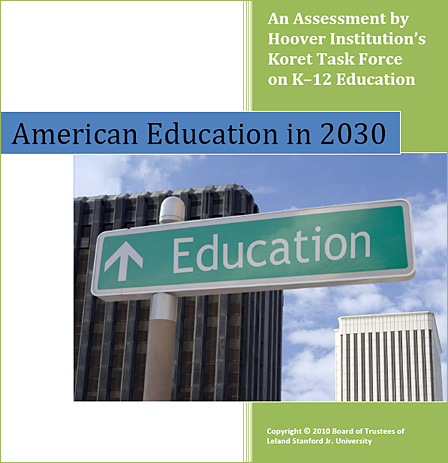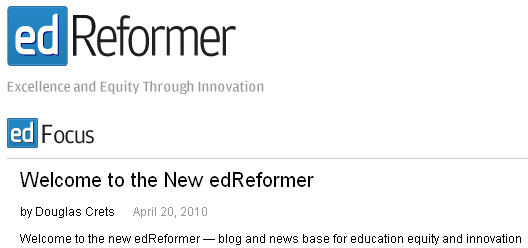Envisioning a World of Learning — from blog.futureofed.org by Katherine Prince
The launch of KnowledgeWorks’ new website has provided us with an occasion to articulate more precisely what we mean when we say that we want to transform education in the US from a world of schooling to a world of learning. Here’s an extract from it describing what we envision:
A world of learning
The vision emerging from our study of the future doesn’t much resemble the industrial-era world of schooling most of us know. Instead, we foresee a world of learning where:
- Education centers on the needs of learners, not those of institutions. Teaching is tailored to an individual student’s needs and abilities.
- Learners take charge of their education. Students and families seek out information and experiences from an array of sources rather than depending on schools to direct their learning.
- Children gain 21st-century knowledge and skills – how to make decisions, solve problems and create solutions – through hands-on experiences that cross subject areas and are connected to the real world.
- Success is judged through a wide array of measures that account for different learning styles and assess capabilities and progress, not simply acquisition of knowledge.
- All learners have easy access to technology and other tools that open doors to information and knowledge.
- Learners are supported in all parts of their lives, with physical, emotional and social health being nurtured alongside intellectual growth.
- Teachers are more than content specialists. The teaching profession diversifies to include such roles as learning coaches, classroom coordinators, cognitive specialists, resource managers and community liaisons.
- Learning isn’t limited to a physical place or time of day, but is mobile and constant, with wireless technologies allowing learning anywhere and anytime.









